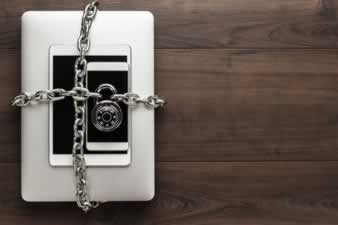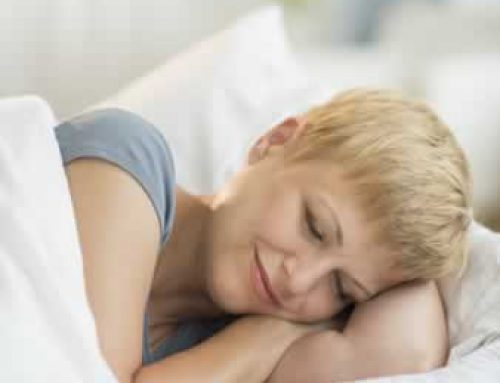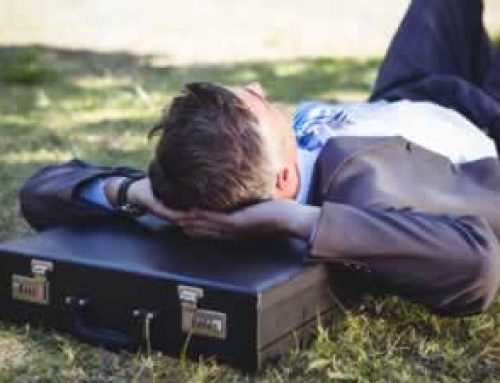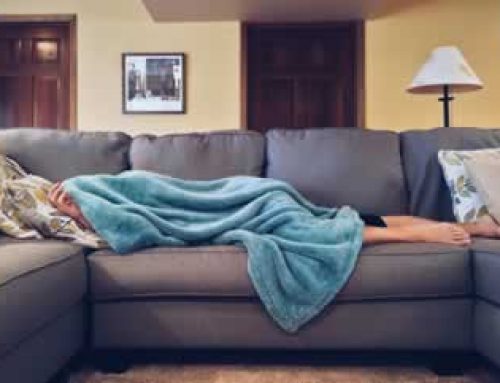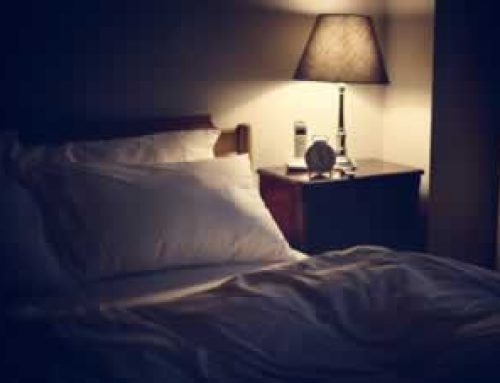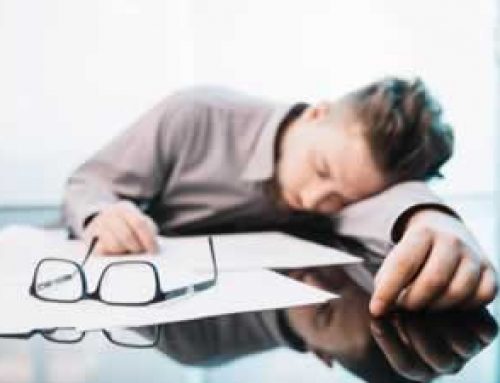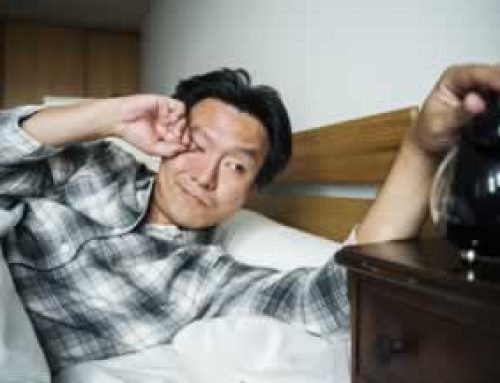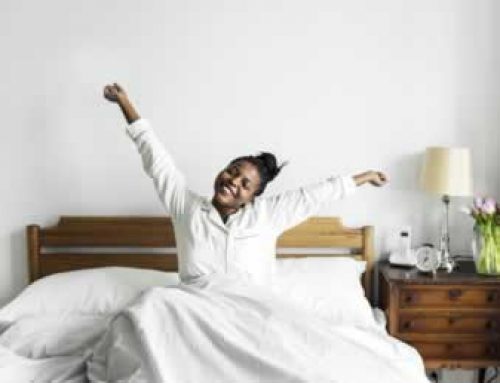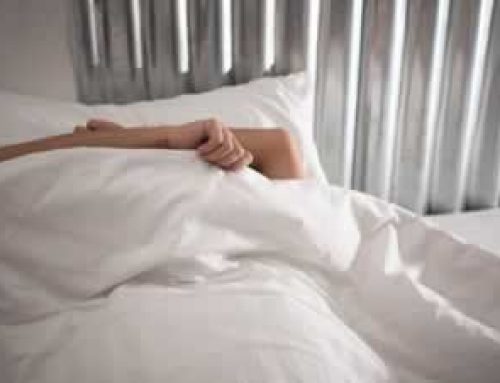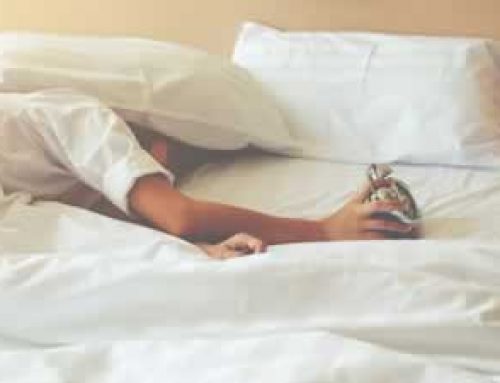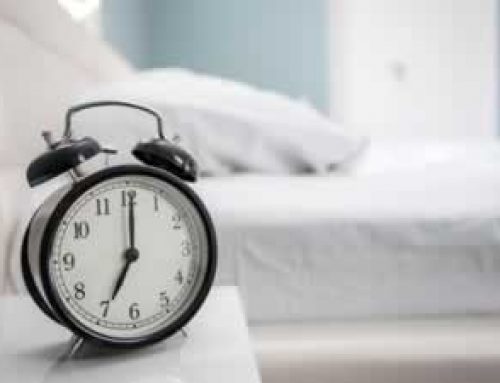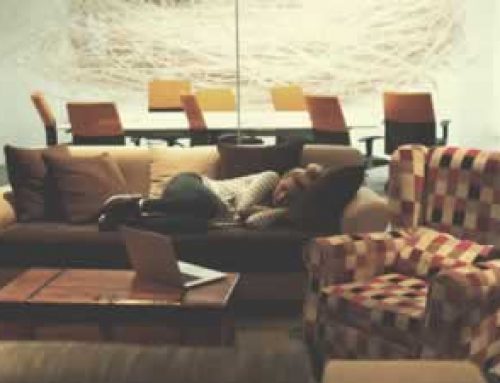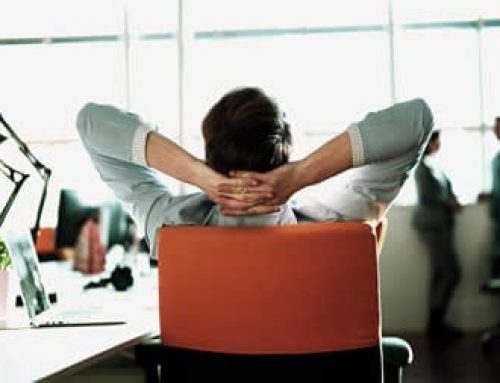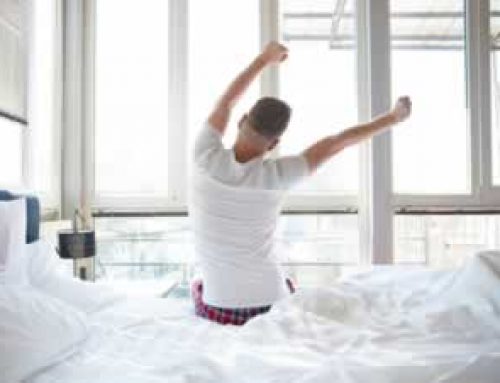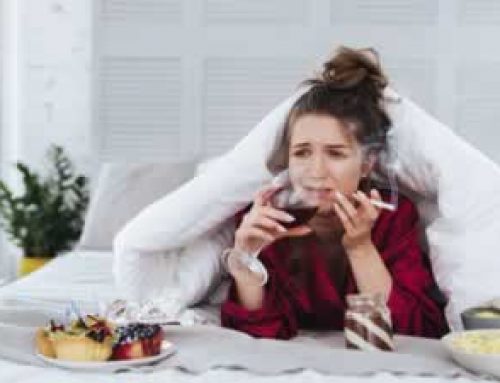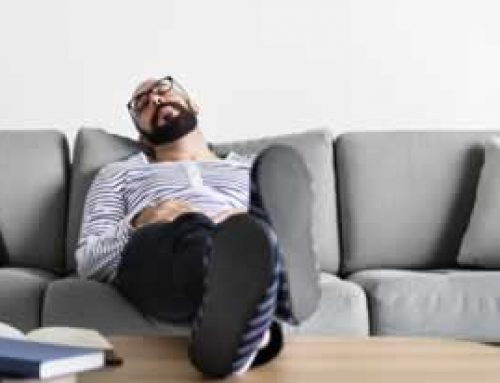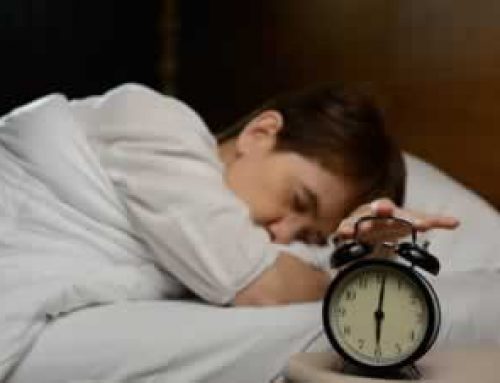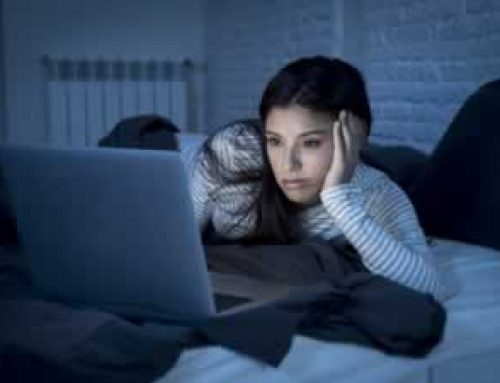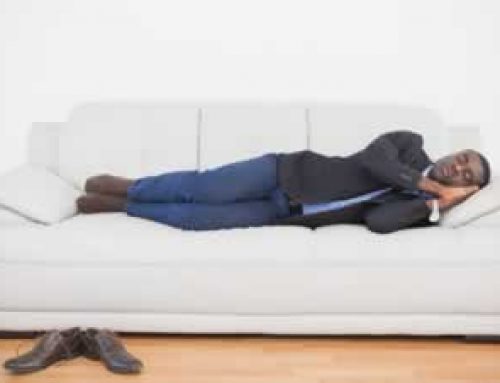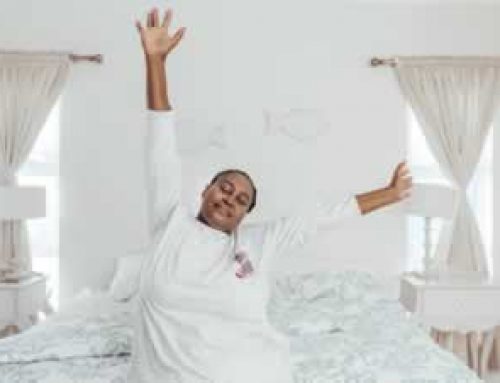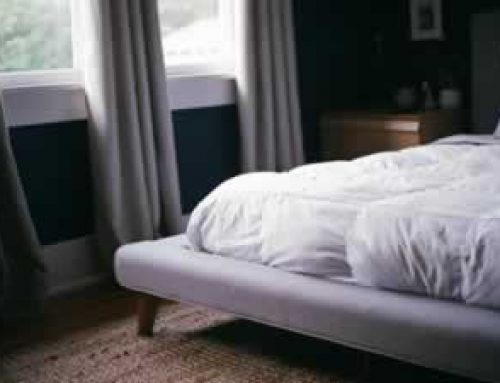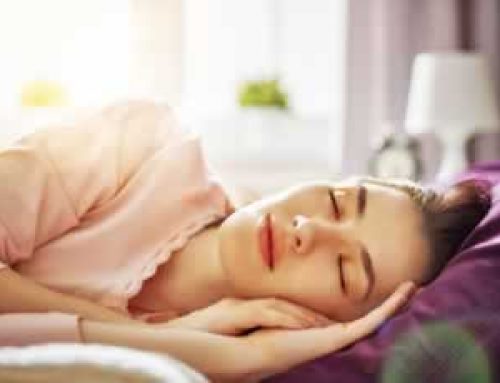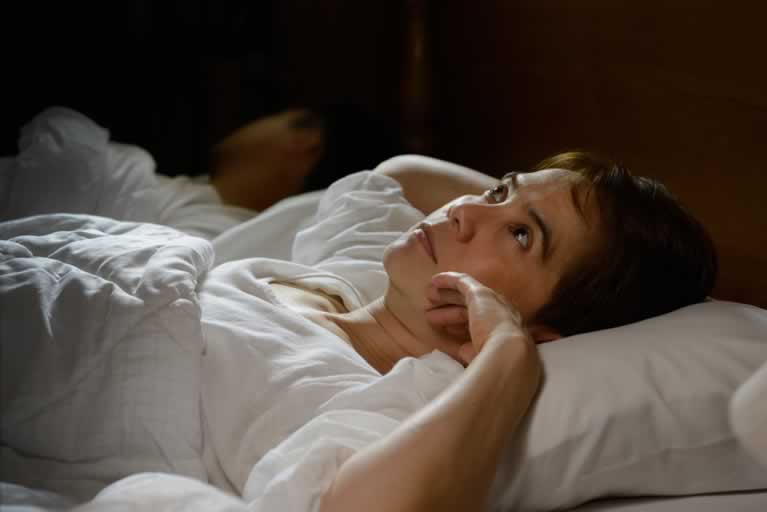
Can’t Sleep at Night? Avoid These Five Habits
Having difficulty getting to sleep at night? Routinely waking up during the night? Falling asleep fast and sleeping peacefully throughout the night, every night, could be as simple as making a few minor changes to your nightly routine. If you find yourself a repeat offender of any of these habits, make the change tonight and you’ll thank yourself in the morning.
1. A Nightcap
Avoid drinking alcohol before bed. That popular nightcap may make you drowsy, but even small amounts of alcohol are known to disrupt your natural sleep cycle. One drink can rob you of a good night’s sleep, preventing you from fully engaging in each stage of your sleep cycle, and leaving you unsatisfied in the morning.
2. Large Meals
Eating a large meal less than an hour before bed can make it difficult to fall asleep. Your body will still be trying to digest your meal, which may cause tossing and turning while you sleep. If you must eat before bed, there are several small snacks that can be beneficial to your sleep such as kiwi, cherries, and almonds.
3. Late Naps
A power nap lasting from 10-20 minutes is beneficial to combat afternoon sleepiness when taken at the right time. However, late naps can confuse the brain into thinking it’s your bedtime. You may sleep for too long, or later when it truly is bedtime, you will not be tired due to your late day nap.
4. Electronics

In the hour leading up to your bedtime, it is beneficial to help your body wind down. One of the worst habits before bed is using electronics. TV’s, computers, laptops, and cell phones all are designed to give off light that engages the brain; this is good unless you are trying to fall asleep. We recommend that you turn off all electronics within an hour before bed (at minimum 30 minutes) and replace them by reading a book to help induce sleep.
5. A Warm Bedroom
Your body naturally drops in temperature when sleeping and wants to cool off in preparation for sleep. Make it easier on yourself and keep your bedroom cooler than the rest of your house. Anywhere from 60-67 degrees Fahrenheit is optimal for inducing sleep and keeping your body at a comfortable temperature throughout the night.
Make the necessary adjustments to your bedtime routine and reap the benefits of timely, restful sleep at night!
Still suffering a miserable night of sleep? You may be losing sleep due to obstructive sleep apnea or other sleeping disorders. Avoid a sleep study at an uncomfortable sleep laboratory and get tested in the comfort of your own home. Don’t lose another night of sleep! Arrange a visit with your physician today and conduct your home-based diagnostic testing with Vitalistics.

